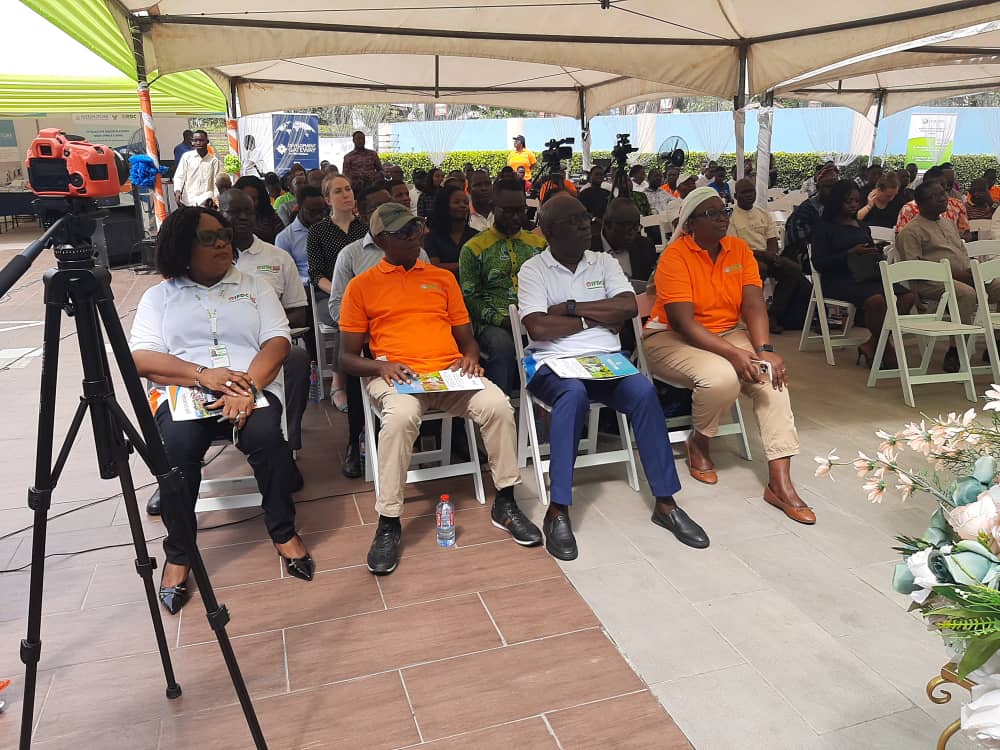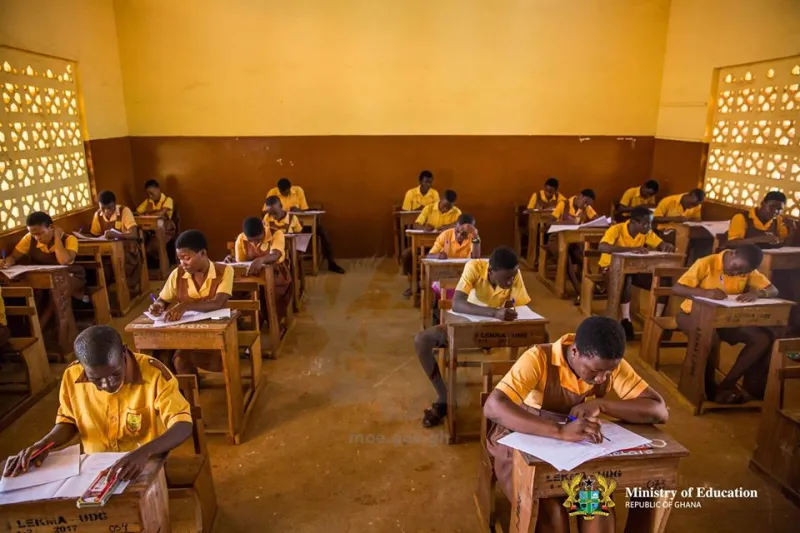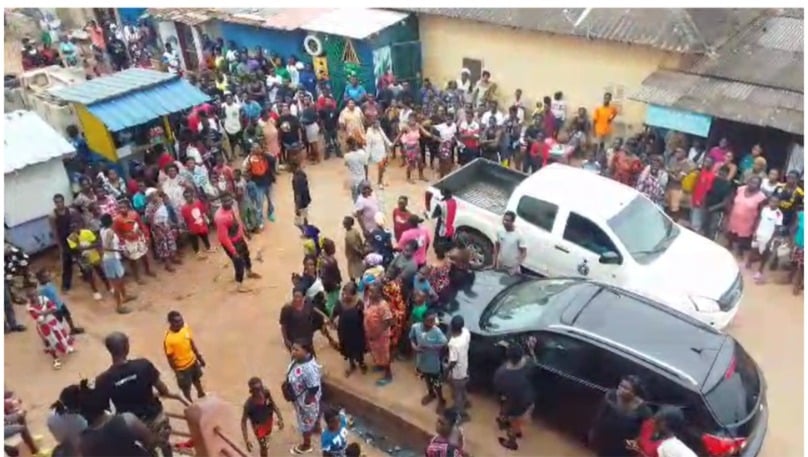

 Mr Seidu Issifu, the Minister of State for Climate Change and Sustainability, Office of the President, says climate change is no longer a distant threat but a present reality, reshaping livelihoods and putting immense pressure on Ghana’s Water, Sanitation and Hygiene (WASH) systems.
Mr Seidu Issifu, the Minister of State for Climate Change and Sustainability, Office of the President, says climate change is no longer a distant threat but a present reality, reshaping livelihoods and putting immense pressure on Ghana’s Water, Sanitation and Hygiene (WASH) systems.
He said the growing climate crisis was already compounding health challenges, with poor water and sanitation responsible for the majority of preventable diseases in the country, making climate-informed WASH planning a critical tool for safeguarding lives..
The Minister was speaking at a WASH4Climate Summit, on the theme, “Strengthening WASH Resilience through Climate Vulnerability and Risk Assessment and Local Adaptation Planning,” in Accra.
The Summit was organised by the Ministry of Climate Change and Sustainability in collaboration with WaterAid Ghana, to see the engagement and dissemination of the Climate Change Vulnerability and Risk Assessment (CVRA) Findings to selected Ministries, Departments and Agencies (MDAs).
The CVRA was carried out in five districts in the Upper Wast Region: Bongo, Kassena-Nankana Municipal, Kassena-Nankana West, Nabdam, and Bawku West Districts.
Mr Issifu said the theme challenged all stakeholders to act with urgency, to strengthen the resilience of WASH systems, and to ensure that climate adaptation strategies were rooted in local realities and evidence.
The Minister said research data available suggested that poor quality and sanitation accounted for approximately 70 per cent of all diseases in Ghana.
“Diarrhoea causes 25 per cent of deaths among children under five years old, and roughly 1,000 under-five deaths annually are attributed to polluted water sources,” he added.
Mr Issifu said the Ministry would establish a Climate Change and Sustainability Hub, a centre of excellence that would coordinate research, policy, and innovation, ensuring that knowledge from initiatives like WASH4Climate informed national planning and global advocacy.
He added that the Ministry would also institutionalize Climate Change and Sustainability Units across every Ministry, Department, Agency, Metropolitan, Municipal, and District Assembly (MMDAs) to mainstream climate action into every sector.
The Minister said there was the need to mobilise development partners and donors, to commit resources for scaling WASH adaptation strategies.
Mr Richard Ntibrey, the Programmes Manager for WASH and Climate Change, WaterAid Ghana, said findings from the five districts showed that prolonged droughts and erratic rainfall were reducing the availability of water from rivers, boreholes, and wells.
He noted that dry spells lasting five to six months were intensifying the scarcity of both surface and groundwater, while rising temperatures were increasing evaporation and reducing groundwater recharge.
He said 70 per cent of households relied on unimproved sanitation facilities, leaving them highly vulnerable during climate-related events.
Mr Ntibrey said the based on the key findings of the research, there was the need for improved water resource management through rainwater harvesting, water storage systems, groundwater recharge, and efficient irrigation.
He also stressed the need to strengthen WASH infrastructure by developing climate-resilient water supply systems, replacing aging facilities, constructing flood-protected sanitation units, and enhancing water quality.
Mr Ntibrey said disaster preparedness must be prioritised, including early warning systems for floods and droughts, disaster risk reduction plans, and stronger flood control measures.
Source: GNA
The post Calls made for stronger climate action to safeguard WASH infrastructure appeared first on Ghana Business News.
Read Full Story


















Facebook
Twitter
Pinterest
Instagram
Google+
YouTube
LinkedIn
RSS